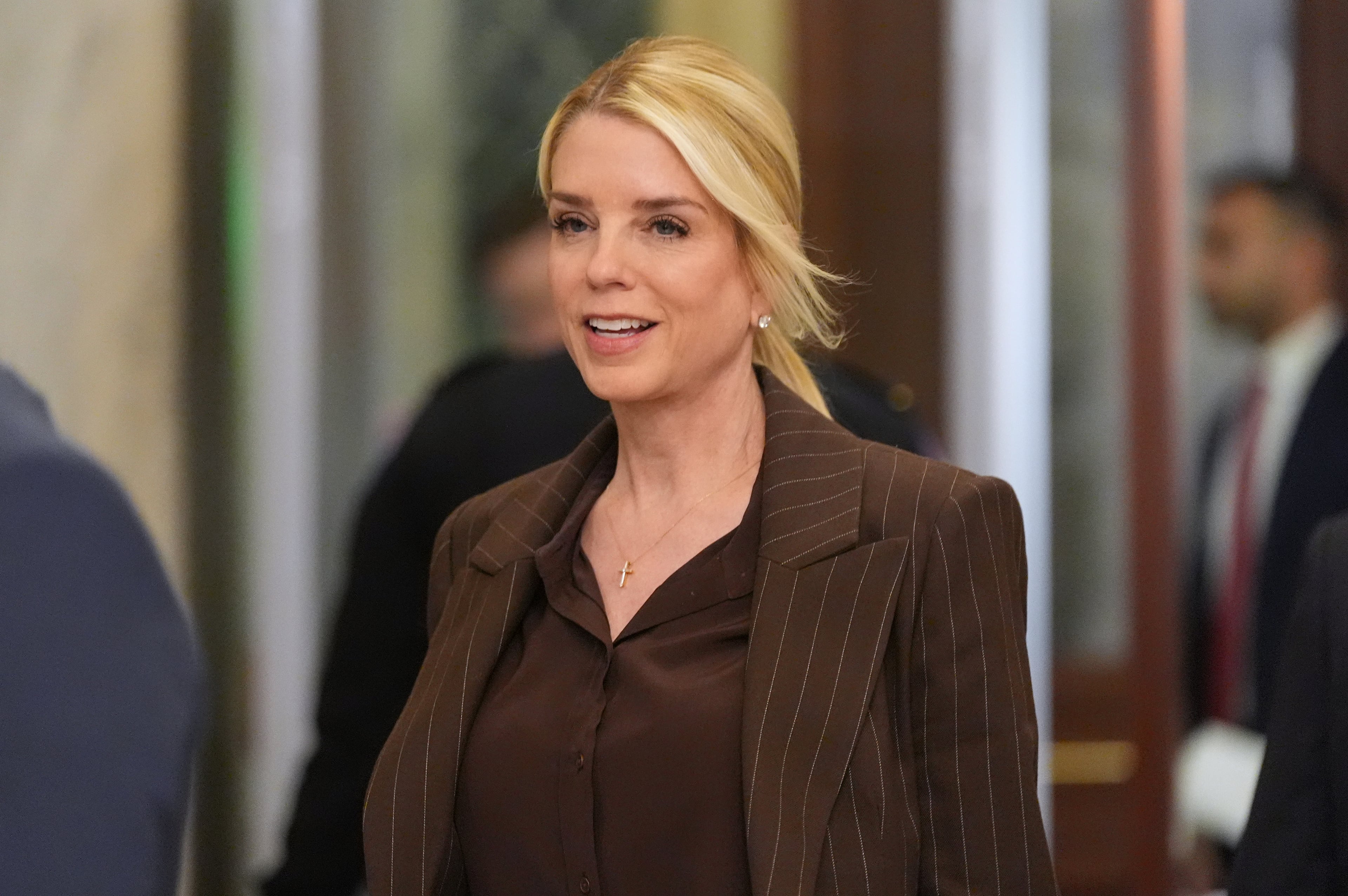Chemical firms sue Rome and AJC to block PFAS settlement terms release
Several major chemical companies have sued the city of Rome and two newspapers, including The Atlanta Journal-Constitution, to prevent the media outlets from obtaining documents revealing the amount the companies will pay to settle a lawsuit related to toxic contamination of the city’s drinking water.
In a lawsuit filed Monday night in Floyd County Superior Court, DuPont and four other companies claim information about the damages to be paid involves “trade secret” materials. The companies have asked a judge for an expedited hearing for an injunction that would stop the city of Rome from providing records to the newspapers.
Rome has battled dozens of chemical companies, flooring makers and the city of Dalton’s public utility related to the release chemicals known as per- and polyfluoroalkyl substances, or PFAS, that have sullied Rome’s drinking water. The compounds, commonly known as “forever chemicals,” are in firefighting foam, nonstick and water repellant materials and other goods, and have been linked to cancer and other detrimental health and environmental impacts.
Rome plans to build a new $100 million water treatment plant to ensure the safety of its water system, and initially passed hefty costs for the future plant onto residents.
Since June, Rome has settled with most of the defendants, for damages totaling about $159 million. Prior agreements and the damages have been made public through the Georgia Open Records Act, one of the state’s sunshine laws.
On Monday, the Rome City Commission voted to approve a settlement with remaining defendants: E.I. DuPont De Nemours & Co., the Chemours Co., the Chemours Co. FC LLC, DuPont De Nemours Inc. and Corteva Inc. The companies all previously shared common ownership.
Shortly before midnight, the companies sued to stop the News-Tribune and AJC from obtaining the records from the city, citing potential damage to the businesses.
The open records law includes certain exceptions for documents, including some matters that might be deemed trade secrets. But Richard T. Griffiths, a former CNN journalist and executive and a leader of the Georgia First Amendment Foundation, called it “outrageous” that the public would be barred from obtaining records related to a court settlement entered into by a city government.
“One of the most important things for the settlement of litigation, particularly for cases involving government and municipal entities, is for the public to understand what the terms and conditions are,” Griffiths said. “Who was held accountable and for what. For a private company to sue to prevent access to public records because it might be embarrassed — those are not grounds to deny the public access to the understanding of what happened.”
Makers of PFAS chemicals face a mountain of lawsuits and potential damages nationwide.
Josh Belinfante, an attorney with Robbins Alloy Belinfante Littlefield who represents the five chemical companies, declined to comment.
The companies and the city of Rome “entered into the agreement to avoid the risks and uncertainty of litigation, and Plaintiffs expressly denied wrongdoing or liability,” court documents said.
In the lawsuit, attorneys for the chemical companies contend publication of the financial terms “would cause Plaintiffs economic harm and commercial disadvantage.”
But in June, three of the companies in this case — Chemours, DuPont and Corteva — announced they would pay $1.19 billion to resolve some other PFAS litigation. That same month, chemical giant 3M, once a defendant in the Rome litigation, announced it agreed to pay $10.3 billion to settle lawsuits claiming its PFAS chemicals contaminated hundreds of water systems around the country. Neither of those figures include the Rome settlements.
Earlier settlement documents obtained by the AJC revealed several key terms for Rome residents.
One agreement, voted on in June, will recoup Rome residents with the cost of the water treatment plant. That month, Rome officials voted to roll back water rate hikes that were in effect to pay for the facility.



